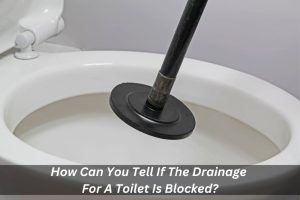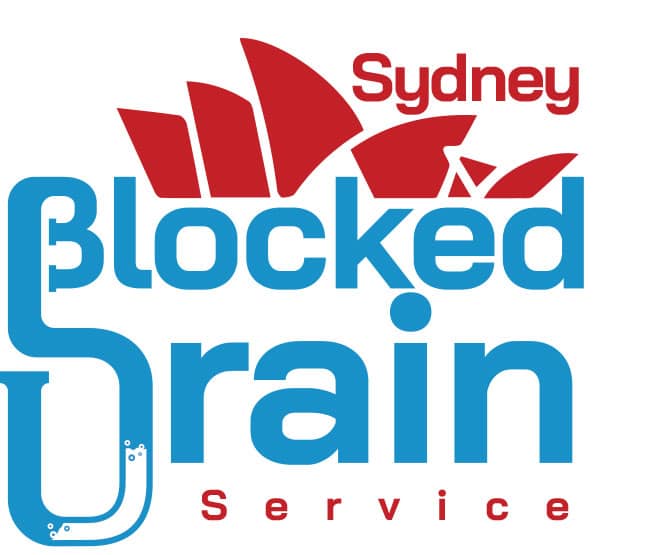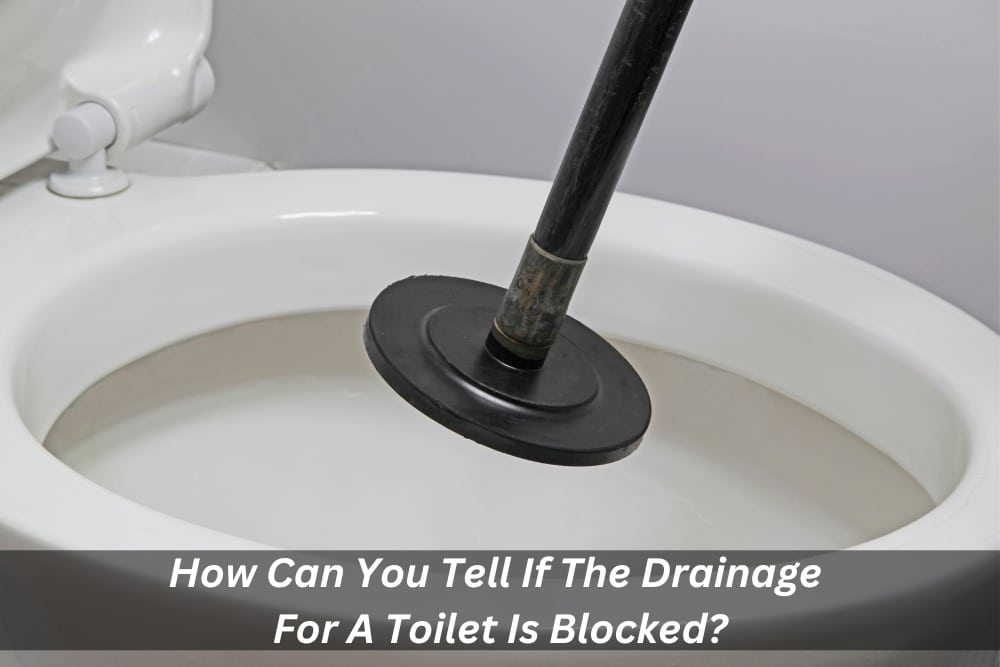How Can You Tell If The Drainage For A Toilet Is Blocked?
Do you have a slow-moving or toilet block? It could be caused by something as simple as a blockage. But how can you tell if the drainage for your toilet is blocked?
A blocked drain in a toilet can not only be annoying, but it can also be messy and smelly. Many people instinctively reach for a plunger when faced with this problem, but it’s important to understand what’s causing the blockage before attempting any remedy.
Fortunately, diagnosing the cause of a blockage is simpler than many people think. In this article, we’ll explore various signs and symptoms that may indicate your toilets are suffering from drainage problems, along with some practical solutions to consider when tackling them.

The most obvious sign of a blocked toilet is when the water in the bowl rises higher than usual after flushing. This is usually caused by a blockage in the pipes that lead from the toilet to the sewer line. Other signs include gurgling noises coming from the pipes, an unpleasant smell emanating from the toilet, and water backing up into other fixtures such as sinks or showers. If you notice any of these signs, it’s likely that your toilet is blocked.
The next step is to investigate the cause of the blockage. This can be done by using a plunger or an auger (a plumber’s snake).
If you are unable to clear the blockage yourself, it is important to call a professional plumber as soon as possible. A professional plumber will be able to identify the cause of the blockage and provide a solution that will ensure your toilet is working properly again. They may also be able to advise on preventative measures that can help reduce the risk of future blockages.
In addition, it is important to regularly inspect your toilet for signs of blockage. If you notice any of the signs mentioned above, it is best to take action as soon as possible to avoid further damage and costly repairs.
Can severe blockages cause backups into the house from the sewer system?
Yes, severe blockages can cause backups into the house from the sewer system. When a toilet is blocked, it can cause a backup of sewage and wastewater into other fixtures in your home such as sinks or showers. This is because the water has nowhere else to go and will be forced back up through the pipes. If left untreated, this can lead to serious health risks due to contamination of drinking water.
Is it safe to use chemical drain cleaners on a blocked toilet drainage system?
Using chemical drain cleaners on a blocked toilet drainage system is not recommended. Chemical drain cleaners are highly corrosive and can damage the pipes, leading to further blockages and costly repairs. Additionally, these chemicals can be hazardous to your health if inhaled or ingested. If you do decide to use a chemical cleaner, make sure you follow the instructions carefully and wear protective gear such as gloves and safety glasses.
Can baking soda and vinegar help unblock toilet drainage?
Yes, baking soda and vinegar can help unblock toilet drainage. This is a natural and effective way to clear minor blockages in your toilet’s drainage system. To use this method, start by pouring one cup of baking soda into the toilet bowl, followed by two cups of white vinegar. Allow the mixture to sit for 10-15 minutes before flushing the toilet. The reaction between the baking soda and vinegar should help to break down the blockage and clear the pipes. However, it’s always best to call a professional plumber if the blockage persists.
Regularly check your bathroom plumbing for blockages
It is important to regularly inspect your bathroom plumbing for signs of blockage. This can be done by flushing the toilet and checking the water level in the bowl. If it rises higher than usual, this could indicate a blockage in the pipes. Additionally, you should look out for gurgling noises coming from the pipes, an unpleasant smell emanating from the toilet, or water backing up into other fixtures such as the sink or shower. If you notice any of these signs, a plumber should be contacted immediately to find out what the problem is and fix it.
How can you prevent future blockages in your toilet drains?
To prevent future blockages in your toilet drains, it is important to practice good hygiene and regularly inspect the plumbing for signs of blockage. Avoid flushing anything other than toilet paper down the toilet as this can cause a build-up of material that can lead to a blockage. Additionally, you should avoid pouring grease or oil down the drain as this can solidify and cause a blockage. You can also read here if you want to know what things could cause clogged drains so you can prevent them. Finally, call a professional plumber to inspect and service your plumbing system regularly. They are experts in blocked toilet repair and will be able to solve the problem using the latest and modern plumbing tools.

